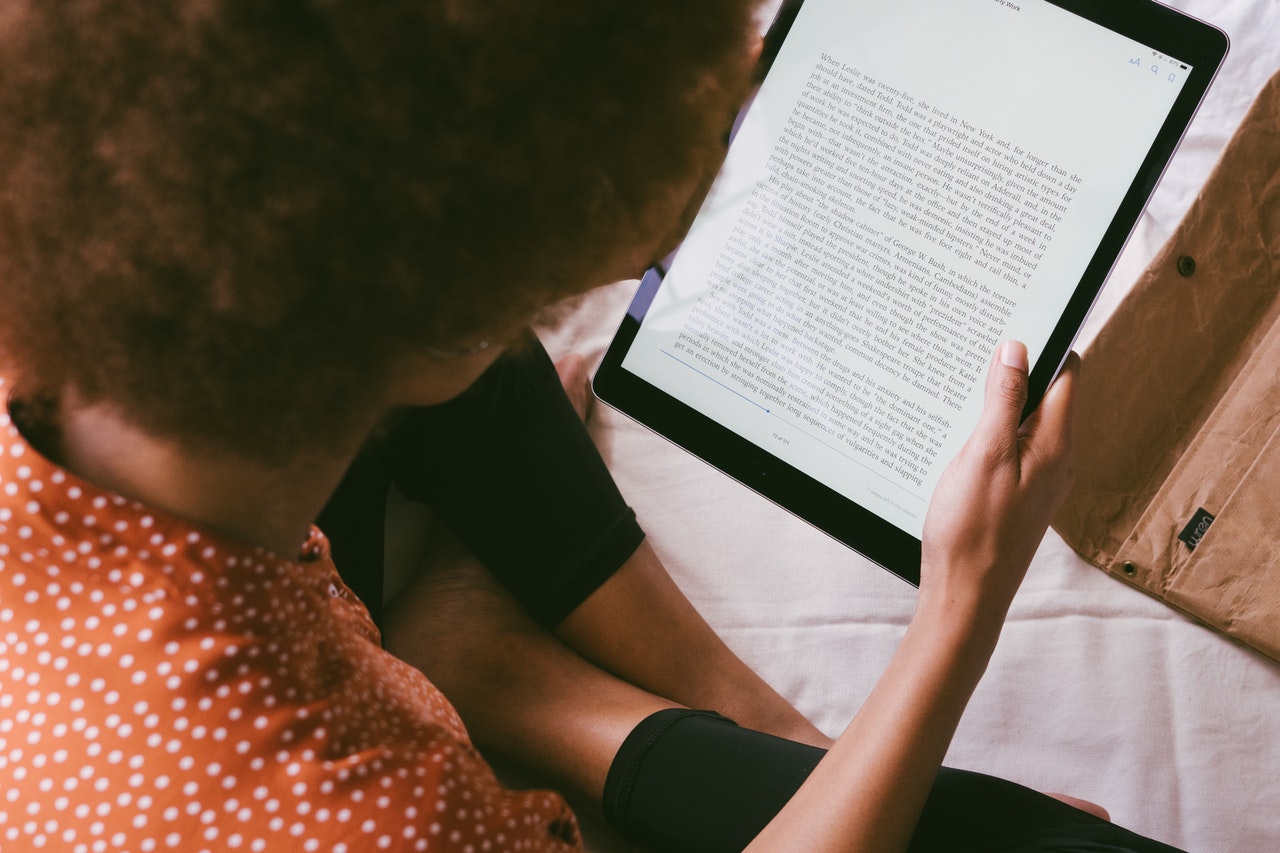Encouraging belonging and togetherness in an early intervention activity
Date: 29/06/20
Sarah MacLennan
Summary
Using writing to create a cohort identity and increase student confidence.
Further Information:
Subject Area:
Creative Writing
Level: All
Class Size: Flexible, but works best in groups under 20
Keywords
Groups, Student Engagement, Induction, Peer Learning
Case Study:
Sarah shares her ideas for encouraging a sense of belonging and togetherness as part of an early interaction activity, such as an online induction process with new and returning students.
The idea stems from ‘Learning Together’, an initiative which addresses the widening participation agenda for people with criminal convictions and challenges the perception of the exclusivity within Higher Education often experienced by students.
The unique LJMU version of Learning Together works with approximately 10 postgraduate students and 10 students from local criminal justice services, and consists of 15, 2-hour sessions from October to April. The programme also included optional weekly Creative Response sessions.
The aim of the Creative Response sessions was to use a personal narrative to create a sense of belonging, both between students themselves, and with an education system which judicial system-experienced students may not otherwise feel. It is this element of the project that Sarah feels could be used to foster belonging and togetherness as part of early intervention activities in the wider university setting.
The weekly creative response sessions explored a range of topics including:
- Observation and discovery
- A day in the life/a day in the past
- Stereotypes and archetypes
- Points of view
- Storytelling and alternative narratives
Sessions aimed to engage students collaboratively with issues, events and stories that had personal meaning through poetry, short stories, flash-fiction and creative non-fiction, drawing upon the lived experience of the student. During the session students shared their writing with the group and engaged in a meaningful discussion about their own experiences. In sharing creative pieces that carried personal meaning and stemmed from their own lives, students developed a sense of ‘mattering’ and self confidence in the worth of their own experience. Discussion around each other’s lived experiences created moments of epiphanic learning and mutual understanding between students.
Adopting a creative pedagogy approach to these activities also enabled students to shed the fear of ‘getting it wrong’. A common barrier to one’s ability to be creative is the fear of failure. Creative Response sessions allowed students to reconnect with their creativity and fostered an environment where the notion of ’getting it wrong’ was banished. Telling your own story is something you cannot be wrong about and so can create confidence and a sense of place in the world.
The Creative Response sessions have been very successful in fostering a sense of belonging in marginalised, disadvantaged or unconfident students. They may help to increase belonging in other underrepresented groups of students in Higher Education by adding value to the experience of students who may otherwise have felt excluded or harbor a sense of un-belonging in an education setting.
Care needs to be taken when selecting topics, for example avoiding assumptions about shared experiences in childhood; subjects should be explored in ways that allow the participants to feel comfortable in sharing their experiences. It is important to create an accepting and supportive space where students feel that they can communicate and not be judged.
Top tips:
Help the group to create their own code of conduct/workshop etiquette. Model vulnerability; share your own stories. Dismantle the tutor/student hierarchy - learn together!
Further reading/more information:
We are more than one story: Embracing creativity and compassion through Learning Together - Sarah Maclennan & Dr Helena Gosling
